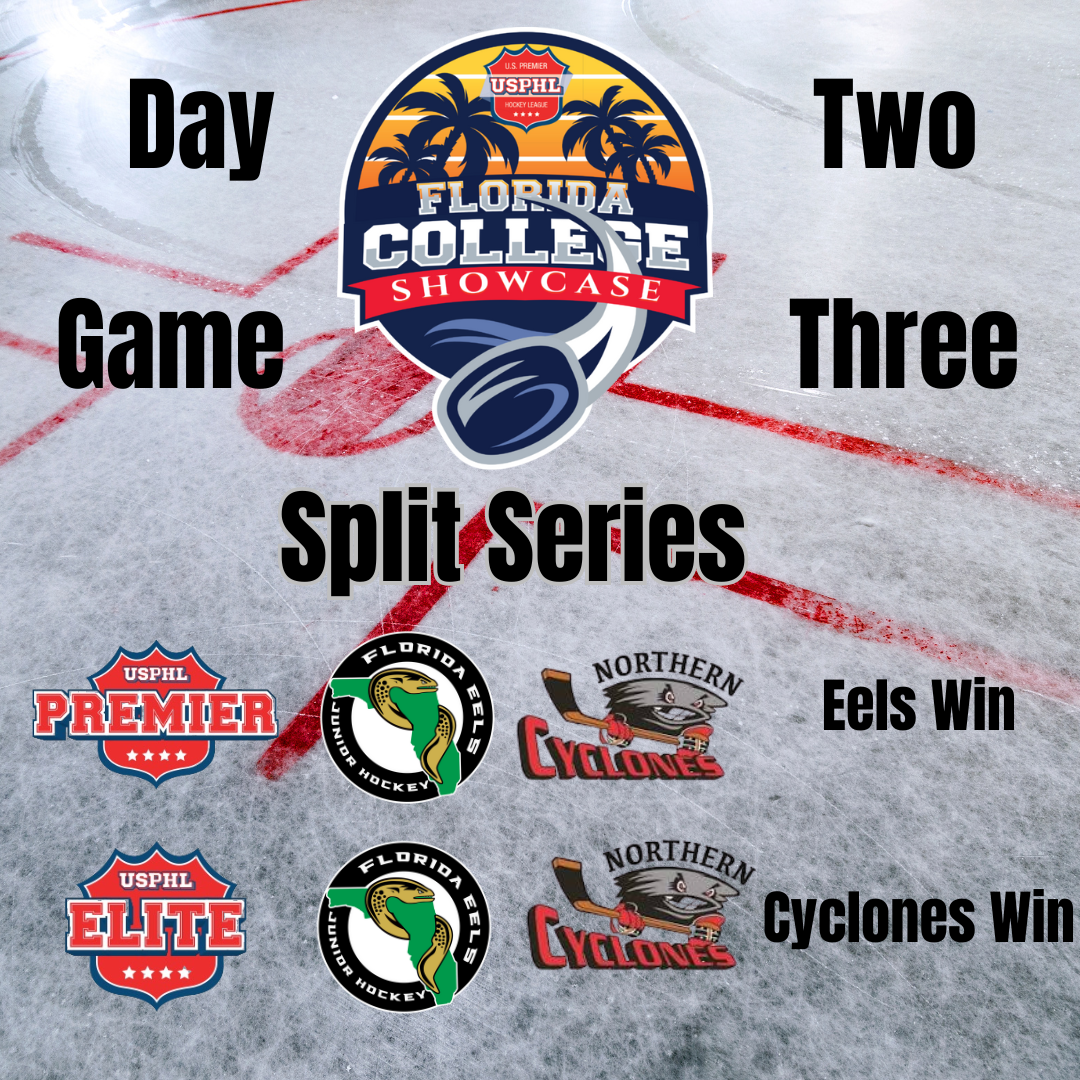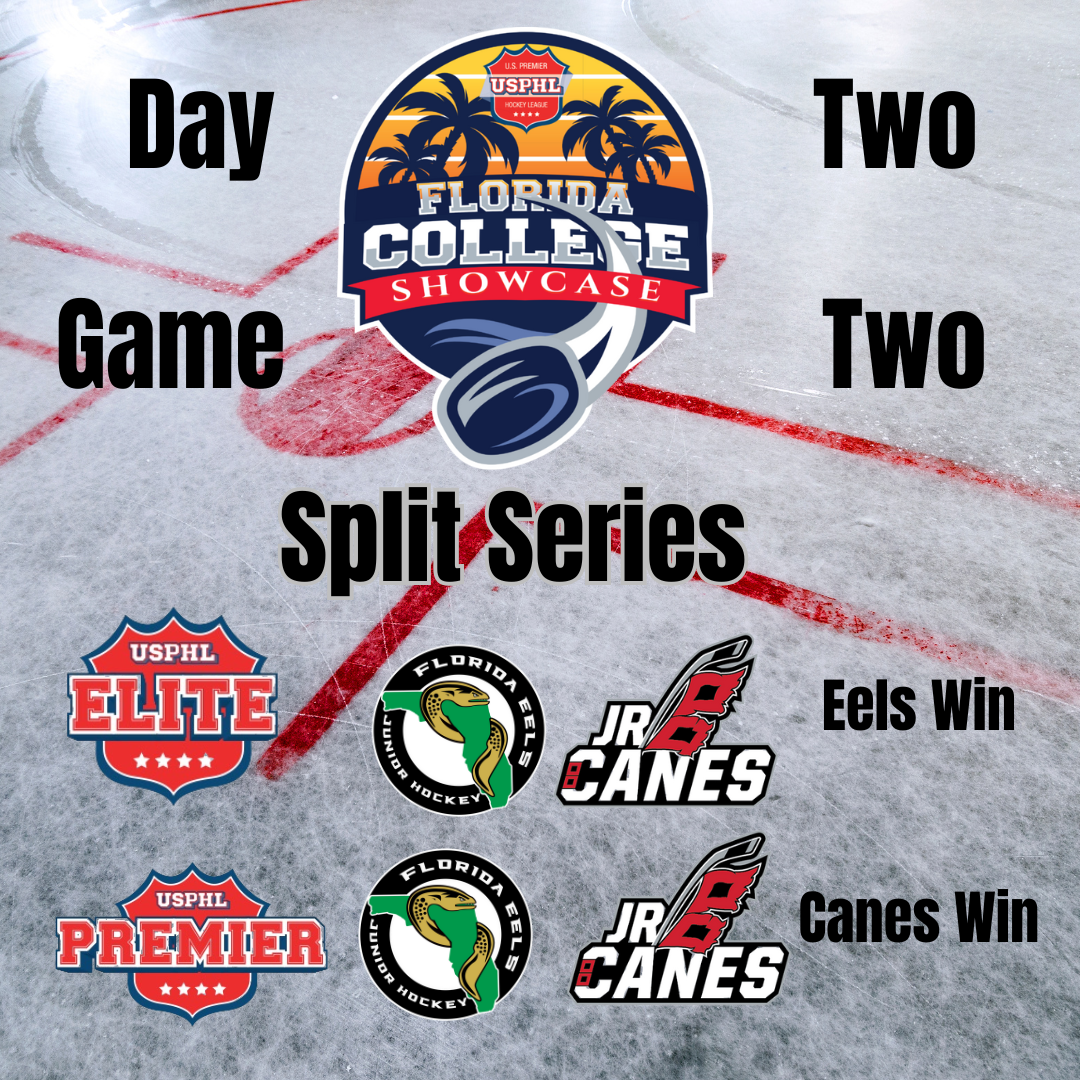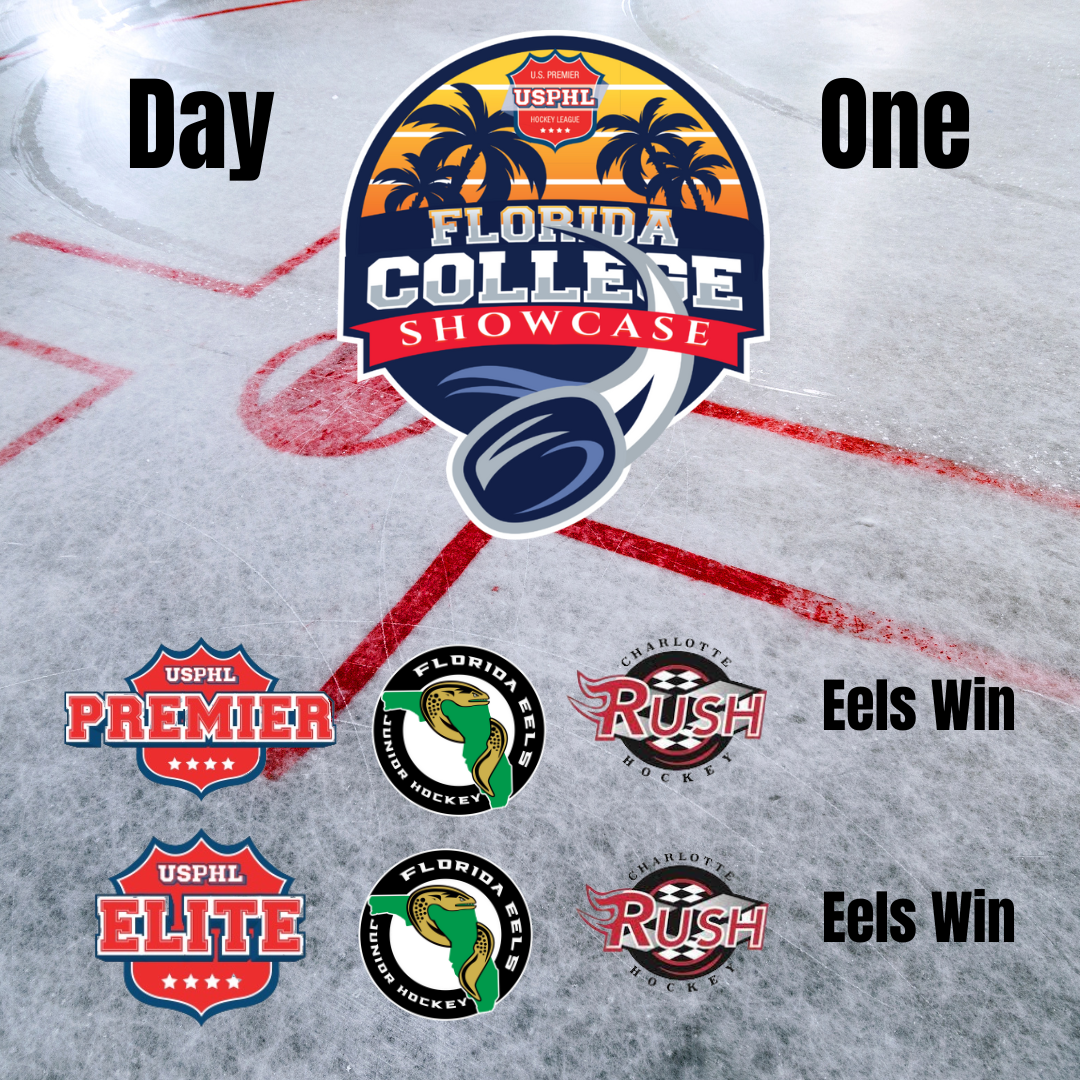Helpful Hints on College Recruiting From NCSA
“How do coaches find recruits?” is a question families ask every day. While coaches have their different methods for scouting out new talent, one good way to ensure a coach knows about you is to contact the coach yourself. Email, texting, phone calls, and even social media messages are all acceptable ways for student-athletes to contact college coaches.
When should I start contacting college coaches?
The recruiting process is starting earlier each year, with recruits as young as 12 or 13 years old getting college offers. However, that doesn’t mean every athlete is ready to start reaching out to coaches as an 8th grader. Start researching schools and understanding the level of play expected at each one. Then, when you have developed your skills to be able to stand out to the coaches at those schools, start your outreach. For athletes who play up on varsity their freshman year of high school, they may be ready to start contacting college coaches then. For athletes who hit their stride later in their sophomore year, this could be a better time to initiate contact with college coaches.
It’s advisable to try to reach out to coaches before the athlete’s junior year, but this isn’t a hard and fast rule. For athletes who hit a later growth spurt or mature later, junior year may be the best time to start contacting college coaches. If you’re not sure whether you’re ready to initiate communication with coaches, contact our recruiting force at 866-495-5172. We will conduct a free evaluation of where you’re at in your recruiting, explain how to contact college coaches and walk you through your personalized next steps.
There’s a common misconception that athletes can’t start contacting college coaches until their junior year of high school. In reality, athletes can reach out to coaches at any time—and they should take advantage of this. The NCAA rules only limit when college coaches can recruit athletes. Even before college coaches can begin recruiting—which is either June 15 or September 1 of their junior year of high school—coaches can read recruits’ emails, listen to their voicemails and start following their athletic progress.
When will college coaches start contacting me?
For most sports in the NCAA, coaches can start contacting recruits starting either June 15 or September 1 of their junior year of high school (check the recruiting rules to find out the exact date for your sport). The NAIA has more relaxed rules and coaches can generally contact athletes at any point. However, because NAIA schools tend to have smaller programs with more limited budgets, they usually don’t start the recruiting process as early as NCAA Division I and Division II schools.
Insider tip: Many families will have their high school/club coach set up a call with college coaches. The high school/club coach will let the college coach know when to expect a call from the recruit. When the recruit calls, the coach is allowed to answer the phone. However, coaches are not able to call recruits back or leave voicemails for the recruit until either June 15 or September 1 of the athlete’s junior year of high school.
Can parents contact college coaches?
Throughout the recruiting process, the athletes—not their parents—should be contacting college coaches. Coach Taylor White, an NCSA recruiting expert who has coached baseball at the DI level, explains, “I’m not recruiting the parent—I’m recruiting the student-athlete. The second I feel the parent is overstepping their bounds, I start to raise a red flag, especially early on.” He adds that, especially at the beginning of the recruiting process, it’s crucial for coaches to get to know the student-athlete. Emails, phone calls, texts, DMs, etc. should all come from the athlete. Not only will it help the coach get a better understanding of who the recruit is as a person, but it will show the coach that the athlete is responsible enough to manage their own recruiting process.
If an athlete just doesn’t know what to say or is extremely shy, parents can communicate with coaches through their student-athlete. Parents can tell their athlete the questions they want answered, and have the athlete send them—in their own words—to the college coach. That way, the coach will see that the athlete is engaged in the process, and parents will get their questions answered. Parents can also role play phone calls with their student-athlete to help them prepare to talk on the phone with college coaches. Practicing and preparation make the process much easier. If an athlete really won’t contact college coaches, it’s better for the parents to reach out than for no outreach to happen, but if possible, it communications should come from the athlete.
Coach Taylor does point out a few times when parents can step in and contact college coaches. At the end of the recruiting process, when the conversation turns to financials and logistics, coaches usually expect parents to be highly involved in the conversation. During an official and unofficial visit, parents should ask their questions related academic or logistical concerns. Coach Taylor recommends that parents take this opportunity to address their concerns related to classes, dorm rooms, housing, meals, work out programs, study halls, tutors, etc. Once their athlete has received an offer, parents can start asking financial aid questions. Coach Taylor suggests waiting until a contract has been communicated to the student-athlete and the coach has expressed an offer before parents start financial aid conversations.
Key steps to contacting college coaches
Start your outreach by gathering all the information you’ll need to include in your communications to college coaches. Your NCSA profile is a great place to keep all your important recruiting information. When communicating with college coaches, don’t forget to include a link to your profile so they can easily view everything they need to see to conduct their initial evaluation of you. Key information includes:
Your highlight or skills video
Your best athletic stats—verified, third-party stats from a combine or other event are preferred
Academic information, such as GPA and ACT/SAT scores if applicable
Contact information for you, your parents and your club/high school coach, plus the contact information for any personal trainers that you have
Schedule of where and when you’ll be competing throughout the upcoming season
Next, you’ll need to research coach contact information. Check out the school’s athletic staff directory on the institution’s website to find coaches’ phone number and email. To make this process easier, NCSA has a college search feature that provides the contact information for coaches at every school across the U.S. Here are some key pieces of information to look for in your search for coach contact information:
Does the program have a recruiting coordinator? Larger programs tend to have a recruiting staff, including recruiting coordinators. All recruiting will funnel through that person, so when you’re looking to send an introductory email, this is the best person to start with.
No recruiting coordinator? See if the program has a position coach. A great next person to contact is the coach for your position.
No position coach? Check for an assistant coach. When the previous two options fail, look for the contact information for the assistant coach. If you can’t find that, you can start with the head coach; however, the head coach is going to be a little more difficult to get ahold of initially.
Find something that stands out to you about that school. Coaches want to see that you are engaged and interested in their program. Including a personalized sentence or two about why you would like to join their program goes a long way.
Once you’ve gathered all the information you need, you’re ready to start reaching out to college coaches.
Step 1: An introductory email to the coach
The best way to start communicating with coaches is through an introductory email. While the role of email in recruiting has lessened somewhat, it’s still an important first step in the process and is a great way to initially send your key information to college coaches. Read more about how to write an introductory email that will capture a college coach’s attention.
Step 2: Follow-up with a call to the coach
The best part about calling coaches: If you’re a younger recruit, coaches can still answer the phone and talk to you. However, if you’re not a high school junior, coaches technically can’t email you back. Read more about how to call college coaches—as well as how to leave your best voicemail.
Step 3: Respond to recruiting letters from college coaches
Though recruiting relies primarily on digital methods, coaches may still send different types of recruiting letters to athletes. And recruits should respond back. Learn more about the different types of recruiting letters you may receive—and how to respond.
Step 4: Keep in touch with coaches and update them with new stats
Sometimes the most difficult part of the recruiting process is keeping the lines of communication open with college coaches. A few great reasons to reach out to a coach include: when you have new athletic or academic stats, you’re planning on visit their school and want to set up a meeting, or you have an upcoming tournament you’d like to invite them to. Learn more about texting college coaches or direct messaging coaches through your social media platforms.





